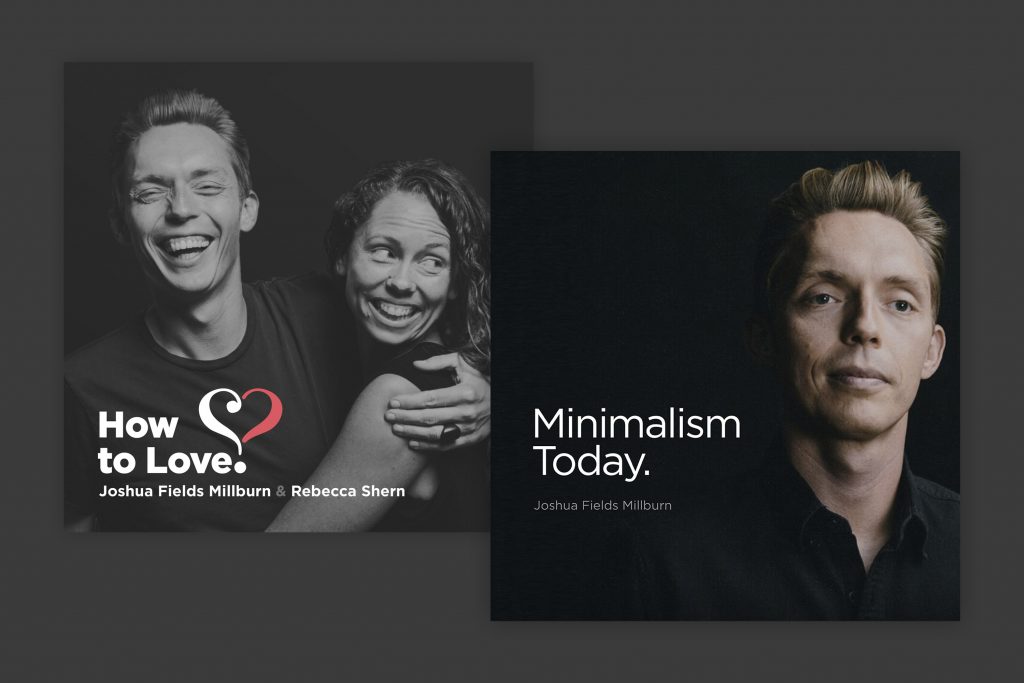Discover a fresh perspective on minimalism that goes beyond decluttering. This guide explores the deeper aspects of minimalism, from intentional living to mindful consumption, offering insights into how minimalism can transform your lifestyle.
Introduction
Minimalism is often associated with decluttering and owning fewer possessions, but its essence extends far beyond surface-level changes. This unconventional guide delves into the philosophy of minimalism, exploring how it can reshape your mindset, priorities, and overall approach to life.
Rethinking Material Possessions
Minimalism begins by reconsidering the value we place on material possessions. Instead of accumulating things for the sake of ownership, embrace a more intentional approach. Ask yourself whether an item truly adds value to your life or simply contributes to clutter.
Embracing Essentialism
Essentialism is the art of identifying what truly matters and focusing on those elements. Apply this principle to all areas of life, from work projects to personal relationships. By letting go of non-essential commitments, you create space for what aligns with your core values.
Mindful Consumption
Minimalism encourages mindful consumption, which involves being conscious of the impact your choices have on the environment and your well-being. Opt for quality over quantity, choose sustainable products, and support ethical brands that align with your values.
Streamlining Digital Clutter
Minimalism extends to the digital realm. Streamline your digital life by decluttering your email inbox, organizing digital files, and curating your social media feeds. Unsubscribe from irrelevant emails and unfollow accounts that no longer bring value.

Time Wealth: A New Perspective on Time
Minimalism emphasizes the importance of time wealth—having more time for meaningful experiences and relationships. Assess how you spend your time and identify activities that drain your energy without adding value. Prioritize activities that align with your passions and well-being.
Cultivating Gratitude
Gratitude is a cornerstone of minimalism. Shift your focus from what you lack to what you have. Regularly reflect on the positive aspects of your life, from personal achievements to simple pleasures. Gratitude fosters contentment and reduces the impulse to accumulate more.
Digital Detox and Mental Clarity
Digital detoxing involves taking intentional breaks from screens and technology. Unplugging allows you to reconnect with the physical world, reduce stress, and enhance mental clarity. Designate tech-free hours or days to recharge and be present.
Minimalist Mindset in Relationships
Apply minimalist principles to your relationships by prioritizing quality over quantity. Cultivate meaningful connections with people who uplift and inspire you. Let go of toxic relationships that drain your energy and hinder personal growth.
Embracing Imperfections
Minimalism encourages embracing imperfections and letting go of the pursuit of perfection. Accept that life is inherently imperfect and that mistakes are opportunities for growth. Release the pressure to have it all figured out and focus on progress, not perfection.
FAQ’s
Q: Is minimalism only about owning fewer possessions?
A: No, minimalism encompasses a mindset shift towards intentional living, mindful consumption, and focusing on what truly matters. It’s about simplifying all areas of life, not just decluttering physical belongings.
Q: How can minimalism improve my well-being?
A: Minimalism promotes clarity, reduces stress, and fosters contentment by helping you focus on meaningful experiences, relationships, and activities. It allows you to let go of excess and embrace a more intentional lifestyle.
Q: Can minimalism be applied to digital clutter?
A: Absolutely. Minimalism extends to digital spaces, encouraging you to declutter your digital life by organizing files, curating social media feeds, and unplugging from screens for mental clarity.
Q: How does minimalism affect consumerism?
A: Minimalism challenges consumerism by encouraging mindful consumption and focusing on quality over quantity. It promotes buying items that align with your values and needs, reducing the impulse to accumulate.
Q: Can I be a minimalist while still enjoying material possessions?
A: Yes, minimalism isn’t about complete deprivation. It’s about being intentional with your choices and owning items that bring genuine value and joy to your life.
Q: How can minimalism benefit my mental health?
A: Minimalism can reduce mental clutter, stress, and overwhelm by helping you prioritize and simplify. It allows you to focus on what truly matters, fostering a sense of peace and well-being.
Conclusion
The unconventional guide to minimalism challenges you to rethink your approach to life, consumption, and well-being. By embracing intentional living, practicing gratitude, and prioritizing meaningful experiences, you can create a lifestyle that aligns with your values and brings greater fulfillment. Minimalism isn’t just about what you own—it’s about how you choose to live.
============================================
